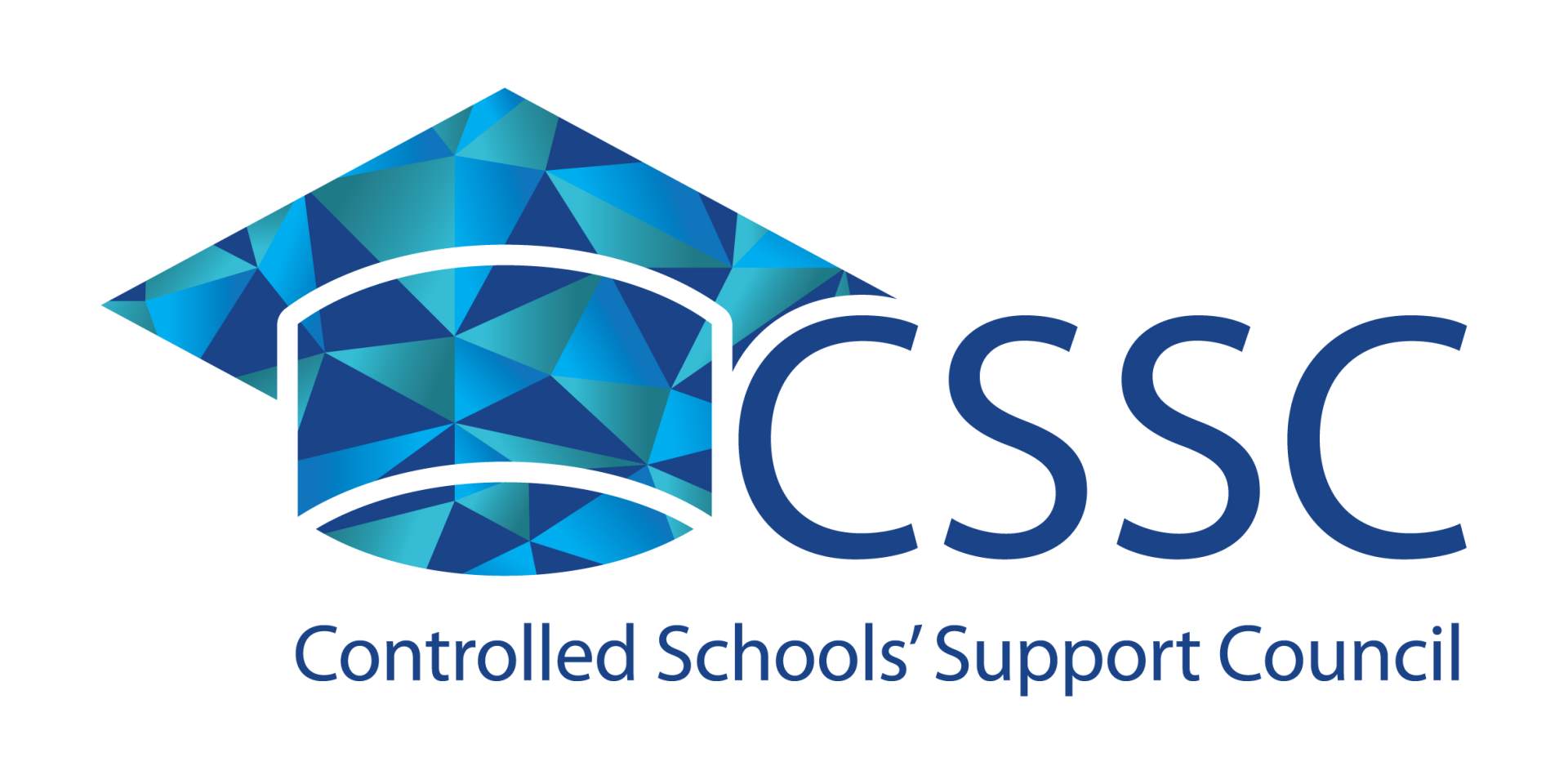History
Staff
Head of Department Mrs. J. O'Neill
Teacher Mrs. S. Hanna
Why study History?
Learning about the past informs the present. It could easily be claimed that if we had learned a little more from our past, we could sort out our present!
History is all about people. Arguably no other subject will teach you more about the way people think, what they can aspire to do and how problems can be resolved. All of these apply to life today.
History is all about building your life skills. Studying History requires you to work independently and through this you will acquire skills which will equip you to pursue further study in a diverse range of university courses. These include Law, Accounting, Politics, Business Studies, Journalism and, of course, History. In addition, studying GCSE and AS/A2 History will enhance qualities which you may already have and which you will find useful in a variety of careers. For example, studying History helps to sharpen your analytical capabilities including your ability to accurately interpret complex facts. You will learn how to convey information in a concise and comprehensive manner and this will improve both your written and oral communication skills. Further, you will acquire problem solving techniques and will have the opportunity to practise working in collaboration with others.
GCSE
As well as learning about the past you will learn from the past. You will study the past from different perspectives in order to form your own judgement on the topics discussed. At GCSE these topics include:
- Life in Nazi Germany, 1933–45
- Changing Relations: Northern Ireland and its Neighbours 1965–98
- International Relations, 1945–2003
Therefore, you will have the opportunity to learn about the recent history of your own country as well as other countries in Europe and further afield. There is no controlled assessment in this subject. There are two external examinations. One takes place at the end of Year 11 and the other takes place at the end of Year 12.
AS/A2
We study the CCEA A level specification.
At AS Level, we go on a fascinating journey through the world of some of the great European dictators of the twentieth century. Our modules are as follows:
Unit 1 (AS/1): Germany 1918-1945
In Unit 1 we explore the period of Germany’s first true democracy, the Weimar Republic. We look at how it worked and what its strengths and problems were. One of its biggest problems was the rise of extreme groups like the Nazis. We investigate this, as well as the Nazis’ time in power, – going right up to Hitler’s death in 1945. There’s an intriguing study of Hitler’s methods of control, the success of his policies and their impact both before and during World War Two.
Unit 2 (AS/2): Russia 1914-41
In Unit 2 we go on an exciting journey through Russian history in the early part of the twentieth century. We begin by seeing how the last Tsar, Nicholas II fell from power. Then we move into the revolutionary period, seeing how Communism took hold in Russia. We explore the rule of Lenin in between 1917 and 1924. Finally we see how Stalin took, kept and used power from 1924 until 1941.
A2 History
At A2, we do 2 units which take us into the ground-breaking events of the US and Irish history. Here they are:
Unit 1 (A2/1): The American Presidency, 1901-2000
Unit 1 explores the recent development of what became the most powerful job in the world. We start in the early twentieth century when US presidents had much less power. We then go on to see how, due to men like Wilson and Franklin D Roosevelt presidential power advanced before and during
World War Two. After 1945, we look at the nuclear age and how the American presidency grew stronger at this time through presidents like John F Kennedy in spite of setbacks such as the Vietnam War and Watergate. We conclude with the influences of key personalities such as Ronald Reagan and Bill Clinton of the US presidency.
Unit 2 (A2/2): The Partition of Ireland 1900-1925
Unit 2 gives the opportunity to do some modern Irish history. We investigate the 3rd Home Rule Crisis, Ireland in World War One and the circumstances leading up the formation of Northern Ireland and the Irish Free State. We also look at the early years of those 2 countries and the priorities, problems and successes of each. As we go along we get to explore key events in Irish History such as the Easter Rising, War of Independence and the Anglo-Irish Treaty and their impact.
Careers
History shapes the future. History is highly relevant for working in a wide spectrum of careers, ranging from Law, through Accounting to Journalism, Teaching and Politics amongst others. History delivers vital skills which are necessary for working and living in the 21st Century. Historians are able to organise data and argue persuasively - so you will discover that studying History is a fulfilling and enjoyable experience.
Learning and Growing Together
History pupils get the chance to benefit from exciting new opportunities which come from our participation in the Shared Education Project with St Ronan’s College, Lurgan. We benefit, for example, from joint History trips, shared online work and engaging in group seminars. Our pupils not only improve their learning, but also get to meet new people and learn new perspectives.



Close
Social Media